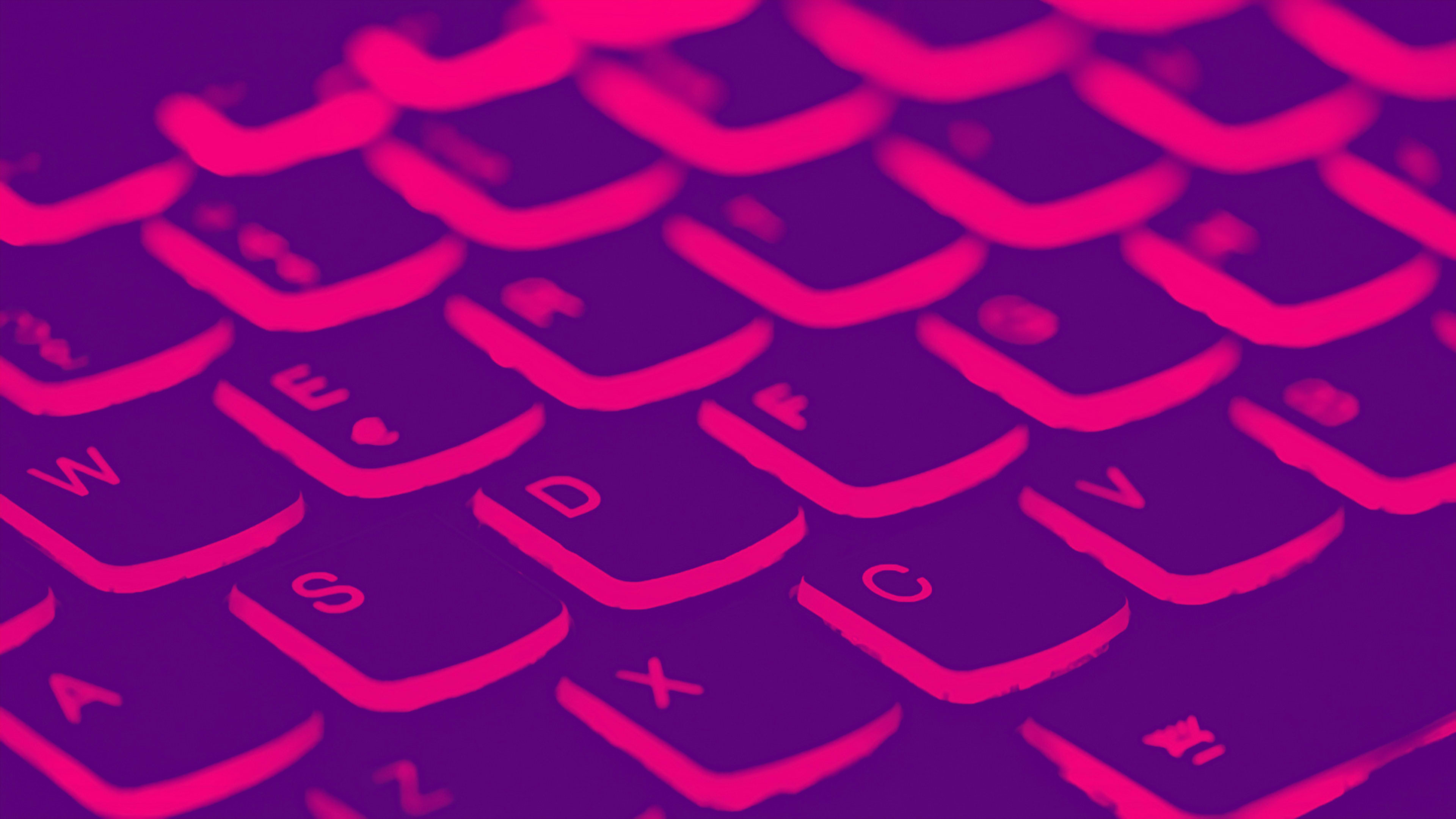If you get a call from someone claiming to be from Apple warning you about a security issue with your Mac, iPhone, or iCloud account, it’s almost certainly a scam. The company tells customers: “If you get an unsolicited call from someone claiming to be from Apple, hang up and contact us directly.”
But those warnings haven’t stopped scammers from attempting to hustle Apple users into providing their usernames, passwords, and payment information or installing dodgy software on their devices. Tech writer Lance Ulanoff recently blogged about getting a call from a bogus Apple rep who tried to get him to install remote control software on his Mac, possibly as part of a scam selling unnecessary extended warranty service.
And last Saturday, an editor at Fast Company says that she received an unsolicited call from Apple’s support phone number, which left an authentic-sounding voicemail. That was followed by several more phone calls and a confirmation email, which linked to Apple’s support page and had a “legitimate-looking” email address. “Once I eventually realized it was a scam, I hung up on them and called Apple, during which the scammers kept trying to call me repeatedly,” she says. “The real Apple customer service rep was shocked, and said he’d never seen a situation where scammers had actually used their phone number.”
The company also says it will never ask you to provide information like passwords, verifications, or security keys over the phone. You may receive an automated call from Apple if you’ve set up two-factor authentication to verify logins that way, or if you’ve requested a customer support call.
Apple didn’t respond to an inquiry from Fast Company, so it’s unclear if there are any circumstances where the company might call users about a security breach. But in general, it’s best to assume any unsolicited calls from Apple are fraudulent, and to call Apple back at a trusted number with any issues.
Generally, if Apple detects suspicious attempts to log in to your cloud account, you’ll receive a notification on your devices that your account has been locked for security reasons. You can then use Apple’s automated password reset tools to regain access or contact the company for help.
Police departments have also warned about these kinds of scams.
“Anyone receiving a phone call claiming to be from Apple Support stating your iCloud account has been compromised should tell the caller you know this call is a scam and hang up,” warned the City of Little Falls, New York Police Department in a Facebook post last month. “They are persistent and will call repeatedly. They sound convincing, but it is nothing more than a scam, and they will try to gain access to your computer or device and get you to pay for their service.”
Other online sources, including the call database 800Notes, report that scammers are making their calls appear to come from official Apple toll-free lines. Unfortunately, caller ID information is very easy to alter, and scammers often use fake or forged numbers, so caller ID information should never be used as an indication a call is trustworthy.
Scammers sometimes also even post fake customer support numbers for various companies to online forums, so it’s best to only contact tech companies, banks, and other organizations using numbers published on their websites or in other trusted places such as store receipts.
Apple isn’t the only company whose customers have fallen prey to tech support scams: Microsoft has worked with authorities to take down fraudsters ripping off Windows users. A complaint from the software company led to 10 raids on scammy call centers in New Delhi and 24 arrests last week, according to a report from New Delhi’s NDTV network.
If you realize you’ve fallen victim to a scam, Apple advises you to change your passwords immediately. If you shared any credit or debit card information with the scammers, contact your bank as well. If you get a fraudulent email claiming to be from Apple, you can forward it to reportphishing@apple.com. If you’ve installed any kind of software on your computer or given someone remote access to it as part of a scam, you should consider taking the device for service to make sure it hasn’t been infected by malware. While Macs have historically seen less malware than Windows PCs, thanks to their smaller market share, they’re not immune to harm from hackers or malicious programs.
Recognize your brand’s excellence by applying to this year’s Brands That Matter Awards before the early-rate deadline, May 3.
